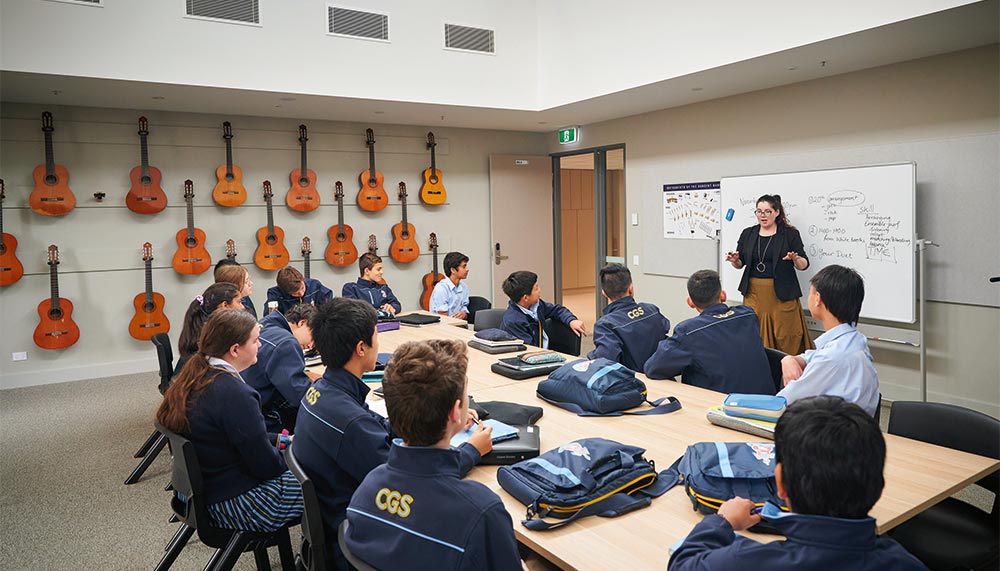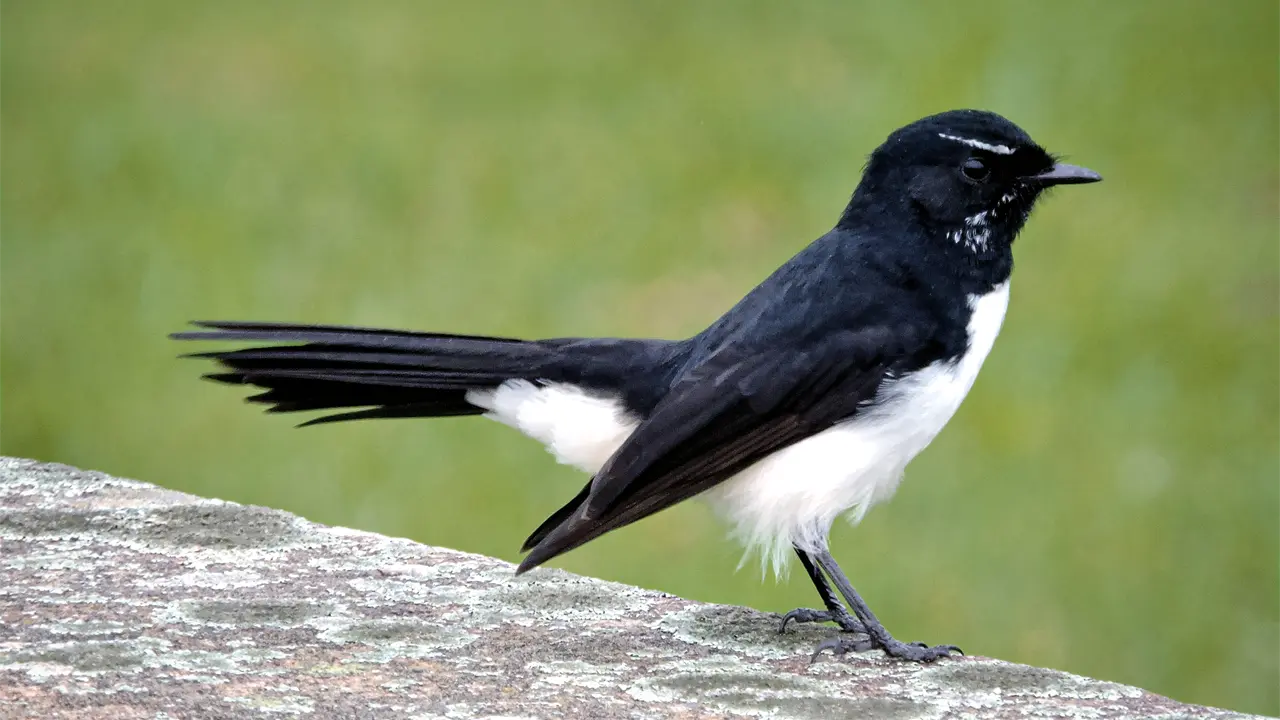Music is serious business for these schools from Stanthorpe, Qld, to Canberra.
Story Kirsty McKenzie Photo Canberra Grammar
Dr James Cuskelly OAM delivers the good news first. After more than 40 years as a music teacher, educator and choral conductor, he says there’s only a tiny percentage of people who can’t be taught to sing tunefully. The bad news is it may take years of practice for singing to become a natural and easy process.
“So long as you have a normally functioning larynx, you can learn,” James says. “There are children who really struggle with learning – children who are non-verbal for example – but far and away the majority of people can be taught. Obviously, the earlier you start, the better.”
As adjunct professor at the University of Queensland School of Education, a classroom music teacher since 1987 and currently a teacher at St Joseph’s School in Stanthorpe, Qld, James is a passionate advocate for “every kid getting a go” at music lessons. He is one of Australia’s leaders in the methodologies of Hungarian composer and educator Zoltan Kodály, focusing on the joys of learning music through singing, beat keeping, rhythmic movement and hand signals for each tone. As well as his classroom work, James teaches these methods as director of the Cuskelly College of Music, and in summer school programs for music teachers and students as well as teacher-education programs around the world.
“The kids think they are just playing games,” James says. “In fact, they are not just learning to sing, they are improving their academic ability, and developing self-management and sociability skills.”
James says that in his experience there is a clear link between singing, language development, and literacy and numeracy skills. “There is no doubt that learning music makes you smarter,” he says. “The cheapest and easiest way to do this is through singing as part of the school curriculum. If you learn an instrument, you usually have to pay for lessons and buy the instrument. Then there’s a 70% drop-out rate, so all that money is wasted. If you create a joyous learning environment through singing, without a doubt you will end up with children who are motivated to learn.”
Canberra Grammar School’s assistant music director and director of bands is Dr Anita Collins, whose PhD focused on the correlation between brain development and music study. “Learning music helps all learning,” she says. “Playing music engages both hemispheres of the brain, which may allow musicians to solve problems more effectively and efficiently.
“Participation in music is one of this school’s central values and, as well as opportunities to audition for bands and orchestras, there is a place for every child in the ensembles. Music is part of the core curriculum in our primary school and the instrumental program starts in year one. The school also provides rock and jazz as well as classical options.”
This story excerpt is from Issue #149
Outback Magazine: June/July 2023










